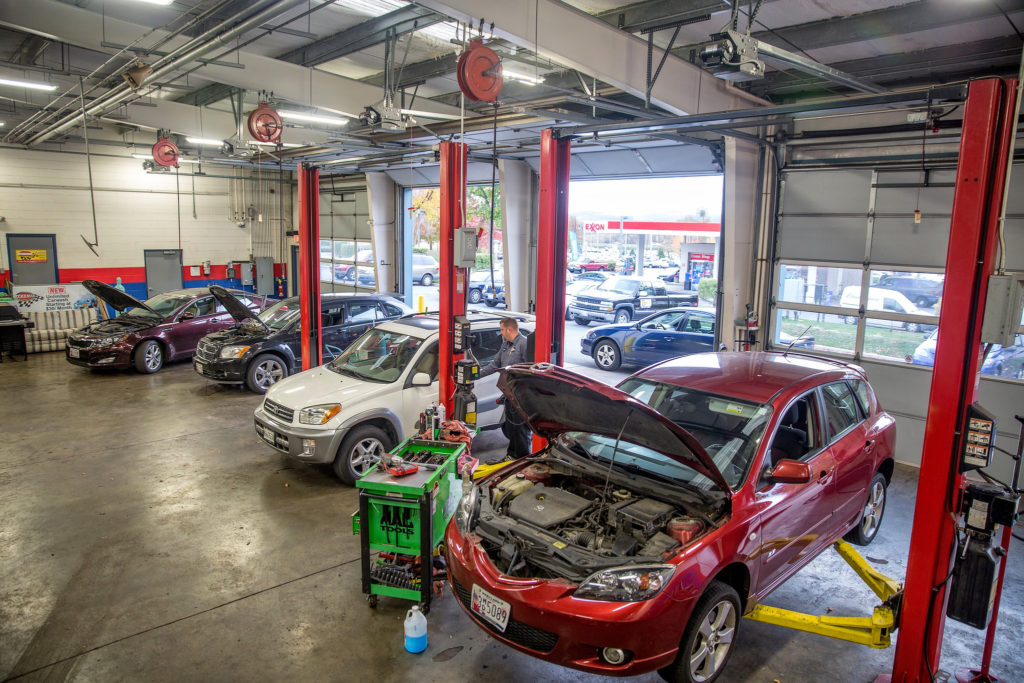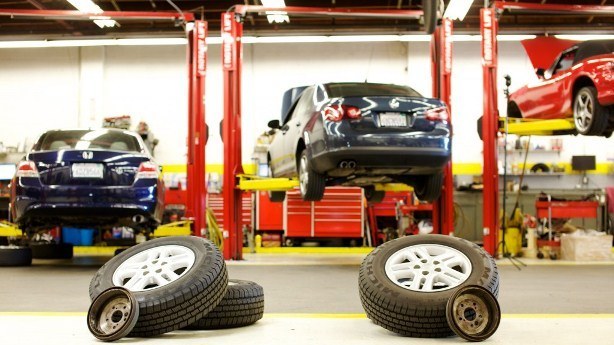All Categories
Featured
Regular engine tune-ups are important for keeping your vehicle's performance, improving gas efficiency, and extending its lifespan. Whether you're an experienced auto owner or a newbie, recognizing the essential aspects of an engine tune-up can aid you maintain your cars and truck running efficiently for many years. Below are some essential suggestions to direct you through the procedure.
- Adjustment the Flicker Plugs. Ignition system are small but mighty elements that play a vital role in stiring up the fuel-air mix in your engine. With time, they can break or become fouled, causing bad engine performance, minimized gas efficiency, and difficult begins.
During a tune-up, evaluate your spark plugs for wear and change them as needed. For a lot of lorries, ignition system must be changed every 30,000 to 100,000 miles, depending on the type and product. Fresh ignition system make sure reliable burning and smoother engine operation.
- Inspect and Replace the Air Filter. The air filter is your engine's very first line of defense versus dust, debris, and other contaminants. A blocked or unclean air filter can limit airflow, causing your engine to function tougher and take in more gas.
Inspect your air filter during a tune-up and change it if it's unclean or past its preferred solution interval. A clean air filter improves engine efficiency and improves fuel economy.
- Inspect the Fuel System. With time, your fuel system can gather dirt and carbon down payments, lowering engine performance and fuel efficiency. Cleaning up the fuel injectors and gas lines throughout a tune-up aids maintain proper fuel distribution and burning.
You can make use of a gas system cleaner or have a specialist mechanic execute a more thorough cleaning. This action is particularly beneficial for older lorries or cars and trucks regularly driven in stop-and-go web traffic.
- Inspect the Belts and Hose pipes. Belts and tubes are vital for various engine functions, such as running the generator, water pump, and cooling. During a tune-up, check for cracks, fraying, or indicators of endure these elements.
Replace any type of worn-out belts and tubes to avoid possible failures. A busted belt or dripping hose can bring about engine overheating or loss of power, so resolving these concerns quickly is vital.
- Change the Engine Oil and Oil Filter. Engine oil is vital for lubricating relocating components, decreasing friction, and managing engine temperature level. Over time, oil comes to be infected and loses its efficiency.
As part of a tune-up, replace the engine oil and oil filter. Make use of the kind of oil recommended by your car's manufacturer and stick to the recommended adjustment periods. Tidy oil keeps your engine running smoothly and prevents premature wear.
- Evaluate the Battery and Billing System. A healthy and balanced battery is necessary for beginning your auto and powering its electric systems. During a tune-up, inspect the battery's voltage and examine the terminals for corrosion. Tidy the terminals if required and guarantee a safe and secure link.
Furthermore, examination the generator and charging system to ensure your battery stays billed throughout operation. If your battery is weak or old, think about changing it to stay clear of unexpected failures.
- Flush and Replenish the Coolant. The cooling system regulates your engine's temperature level, preventing it from overheating. Old or contaminated coolant can shed its efficiency, leading to possible engine damage.
During a tune-up, flush the old coolant and change it with a fresh combination. Examine the radiator, thermostat, and hose pipes for leaks or damage. Keeping the cooling system in good condition ensures your engine operates at the appropriate temperature level.

- Address Caution Lights and Unusual Signs. Modern cars are equipped with diagnostic systems that inform you to prospective problems via dashboard caution lights. If your check engine light or any type of various other alerting indications get on, address them throughout your tune-up.
In addition, focus on unusual signs such as strange noises, rough idling, or lowered gas performance. A specialist auto mechanic can detect and fix these issues during the tune-up process.
- Don't Forget the Exhaust System. Your cars and truck's exhaust system gets rid of dangerous gases from the engine and makes sure proper exhausts. Check the exhaust system for leakages, corrosion, or damage during a tune-up. A faulty exhaust system can impact engine efficiency and lead to ecological and safety issues.
- Usage High-Quality Components and Fluids. When changing components or covering off liquids during a tune-up, always choose top quality items that satisfy your automobile's specifications. Utilizing below average components or incorrect fluids can adversely affect your engine's efficiency and longevity.
Verdict: Normal Tune-Ups Are Secret to Engine Health And Wellness. Putting in the time to tune up your engine guarantees it operates successfully, conserves gas, and decreases the risk of failures. Whether you execute these jobs yourself or depend on a relied on auto mechanic, regular tune-ups are a financial investment in your automobile's integrity and durability. Comply with these tips, and you'll enjoy a smoother, a lot more trustworthy trip for several years to come.
Latest Posts
Extend the Life of Your Roof with Silicone Elastomeric Coatings
Enjoy Exclusive Savings with Montclare Auto Repair Discounts - Limited Time Offers!
Montana Fencing-- Your Partner for Yard, Ranch & Ranch Secure Fencing
More
Latest Posts
Extend the Life of Your Roof with Silicone Elastomeric Coatings
Enjoy Exclusive Savings with Montclare Auto Repair Discounts - Limited Time Offers!
Montana Fencing-- Your Partner for Yard, Ranch & Ranch Secure Fencing
